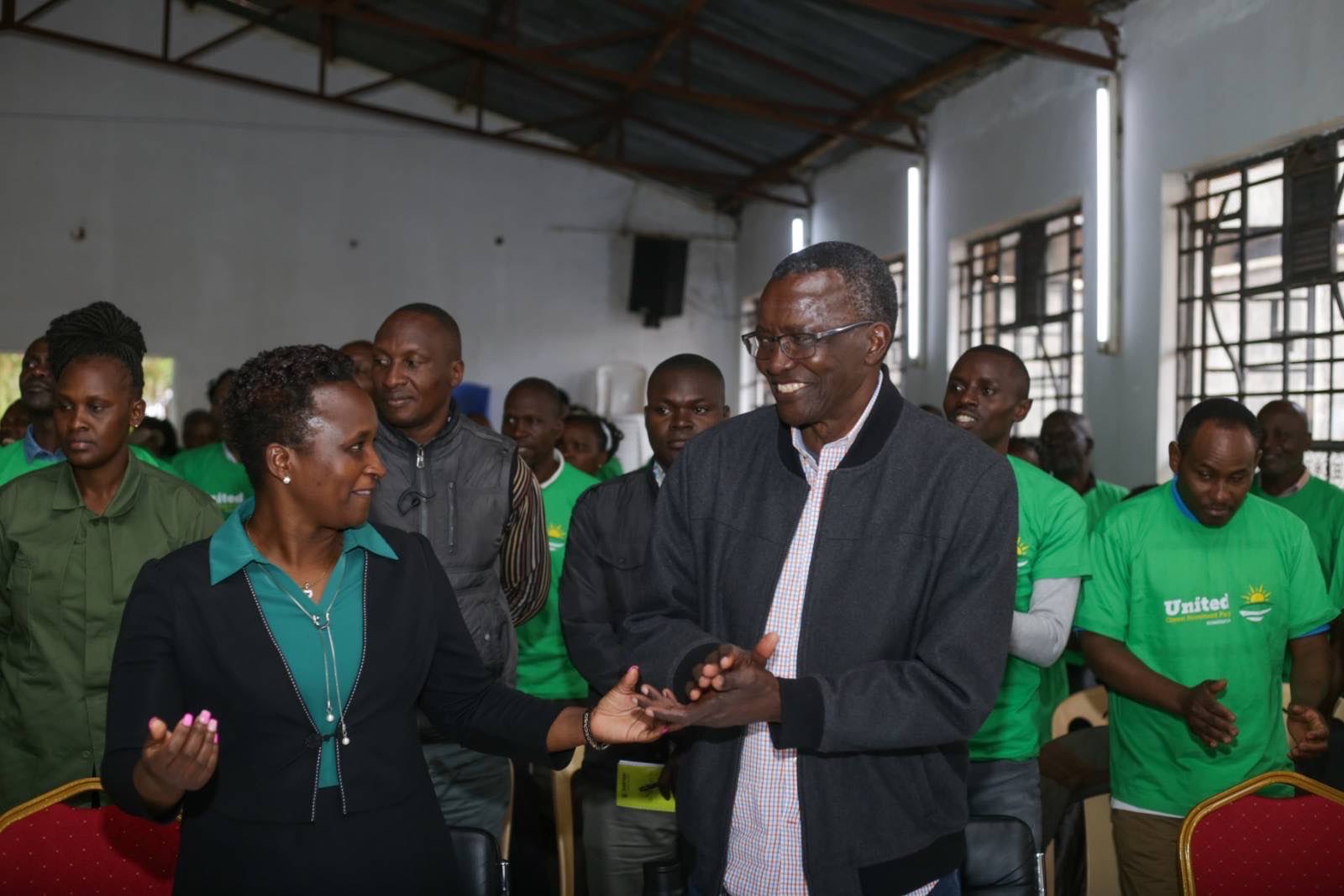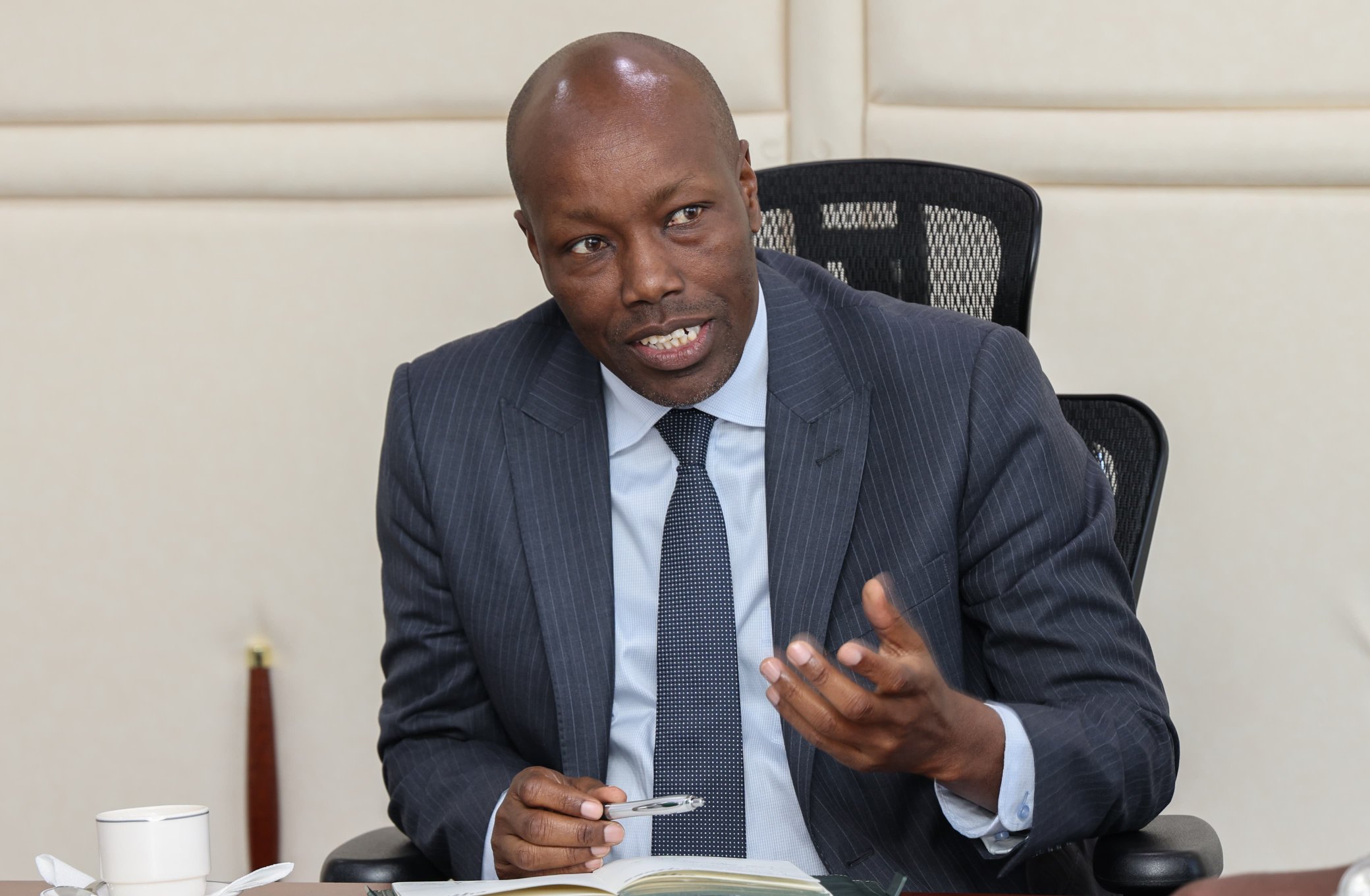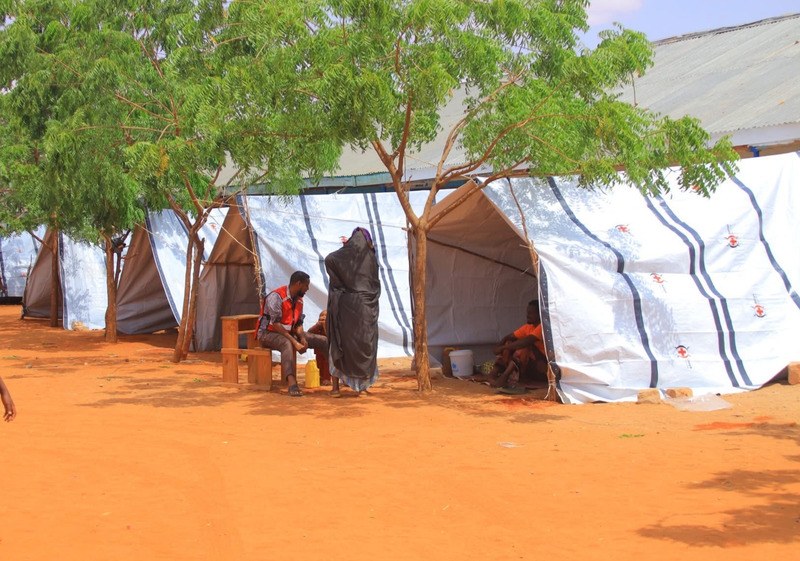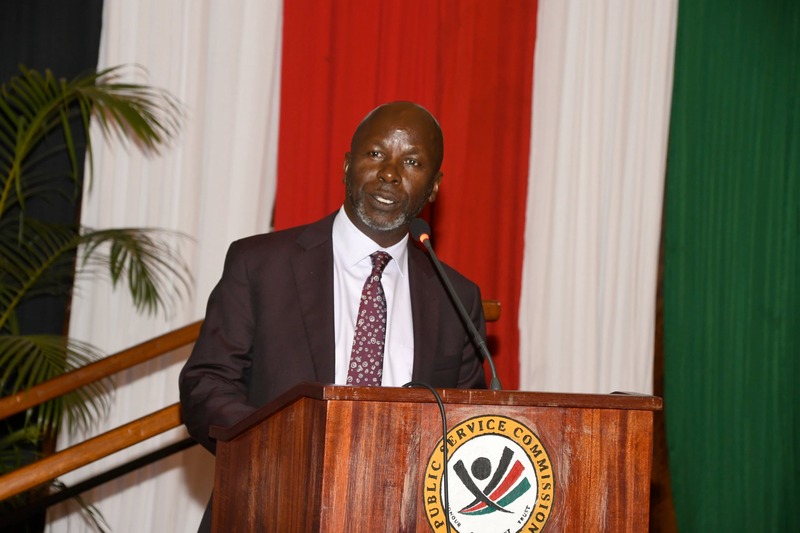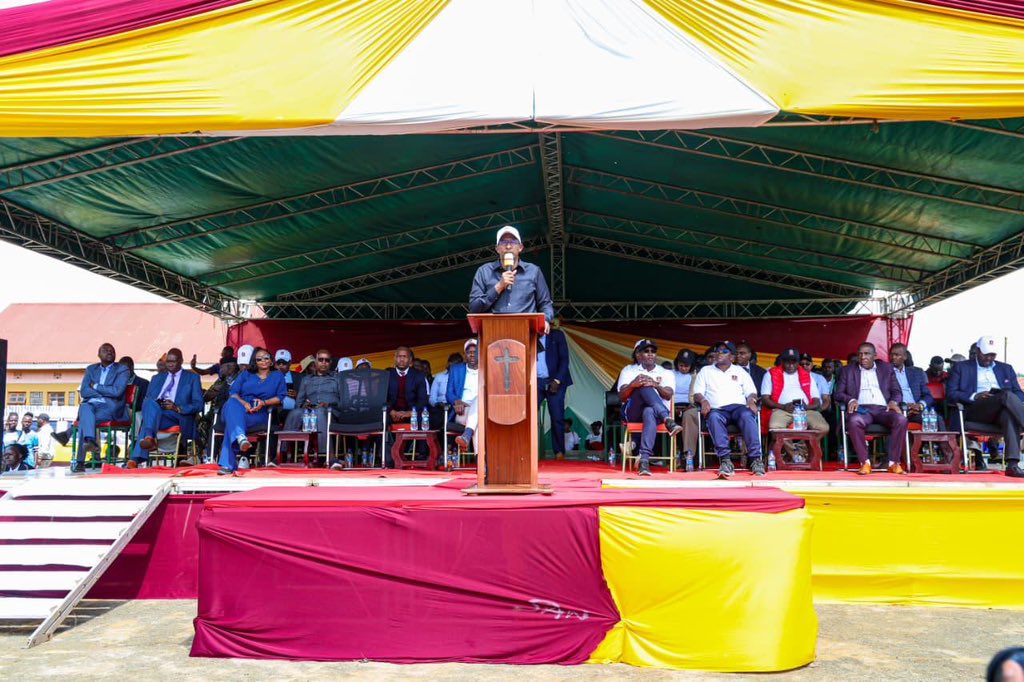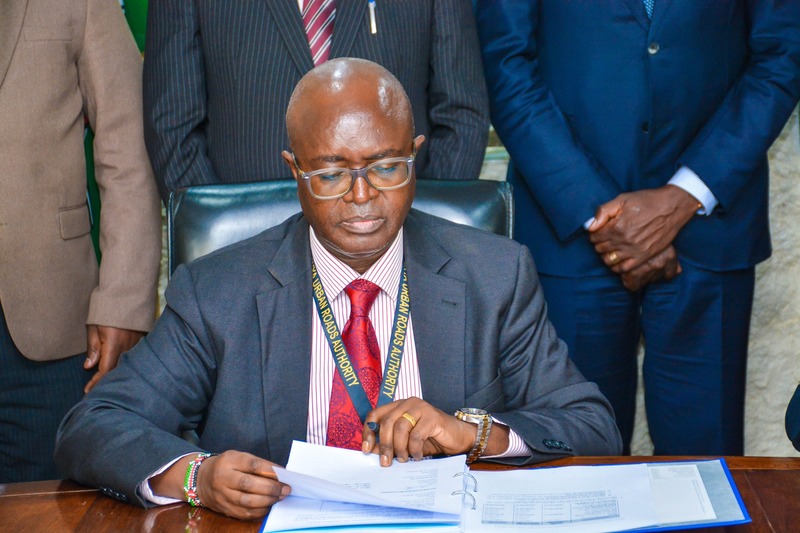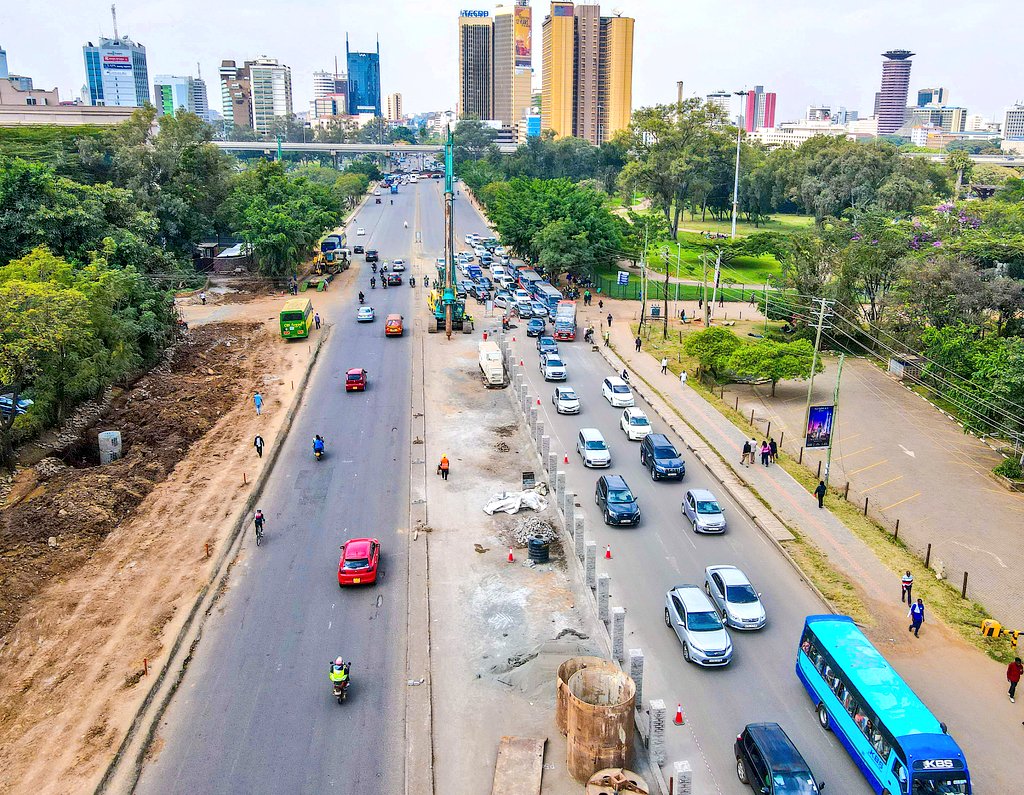We have not reviewed hardship allowances for teachers - TSC

TSC’s Acting Chief Executive Officer Eveleen Mitei told the National Assembly Implementation Committee that the allowances are still being paid based on Legal Notice No. 534 of 1997.
The Teachers Service Commission (TSC) has said it is yet to revise hardship areas or teachers’ hardship allowances, noting that it is still relying on a 1997 legal notice while awaiting further direction from the Public Service Commission.
TSC’s Acting Chief Executive Officer Eveleen Mitei told the National Assembly Implementation Committee that the allowances are still being paid based on Legal Notice No. 534 of 1997.
More To Read
- PSC initiates review to enhance public service delivery, fight corruption
- TSC still using 1997 rules to pay hardship allowance, MPs demand urgent review
- MPs demand answers over unfair teacher postings, hardship allowances
- SHA announces 65 job vacancies as 225 former NHIF staff remain in limbo
- CS John Mbadi pledges permanent placement for 20,000 intern teachers from January 2026
- Court rules ex-NHIF staff to retain salaries after SHA transition
“We are still paying hardship allowance as per Legal Notice No. 534 of 1997. We have been informed that the Public Service is in the process of reviewing this, but as of now, we are still using the legal notice to pay the allowance,” Mitei said.
She was responding to concerns from committee chairperson Raphael Wanjala, who questioned the criteria being used to determine eligibility for hardship allowance.
Wanjala pointed out inconsistencies in how areas within the same constituency are treated, leading to unequal distribution of teachers.
“Which criteria are you using to give this hardship allowance? You find that one area in a constituency is designated as a hardship, while another is not. Teachers, therefore, seek to work in areas with hardship allowance, leaving the other areas understaffed,” Wanjala said.
He also claimed that some teachers bribe officials to be deployed to areas classified as hardship zones.
“There are schools with many idle teachers who spend their time on TikTok, having allegedly bribed TSC officers to be posted to hardship areas,” he added.
Other lawmakers also expressed frustration, saying that rural schools continue to suffer due to staffing imbalances caused by the allowance disparities.
Kajiado East MP Kakuta Ole Maimai said that while schools in urban parts of his constituency had excess staff, rural ones were struggling without enough teachers.
In May, Prime Cabinet Secretary Musalia Mudavadi told Parliament that the government was considering a review of hardship area classifications that could cut annual spending on the allowances by Sh6 billion.
“I wish to inform the House that the implementation of the Inter-Agency Technical Committee report will reduce the financial implication of hardship allowance payments from Sh25 billion to Sh19 billion per annum, thereby saving the government Sh6 billion. This is due to the proposed harmonisation of designated hardship areas in the public service,” said Mudavadi.
The report he referred to was developed by an Inter-Agency Technical Committee that had consulted extensively with various stakeholders to review policies on classification and payment of hardship allowances.
However, in July, Public Service Cabinet Secretary Geoffrey Ruku announced that the government had suspended the report’s implementation. The move followed protests from teachers, public servants, and political leaders. Ruku said further consultations were needed before the rollout could proceed.
“We have decided to hold on to the report for now. We need to re-evaluate it together with stakeholders and elected leaders before its implementation,” he said.
The suspension has also drawn criticism in Parliament. Last week, Nyando MP Jared Okello questioned the government’s decision to delay implementation without informing the House. “I have read in the media that the government has halted the implementation of the report, yet we, who raised the matter in this House, have not been updated,” said Okello.
He raised the matter with National Assembly Speaker Moses Wetang’ula, who advised him to submit a formal request for the House leadership to address the issue.
Currently, there are 44 areas listed as hardship zones under the Teachers Service Commission, while the Judiciary recognises 21 such areas, and the wider civil service - including county governments and state corporations—acknowledges only 16.
The push for clarity and fairness in hardship area classification, especially for teachers, remains a pressing issue in Parliament, having first been brought up by MP Okello last month.
Top Stories Today


